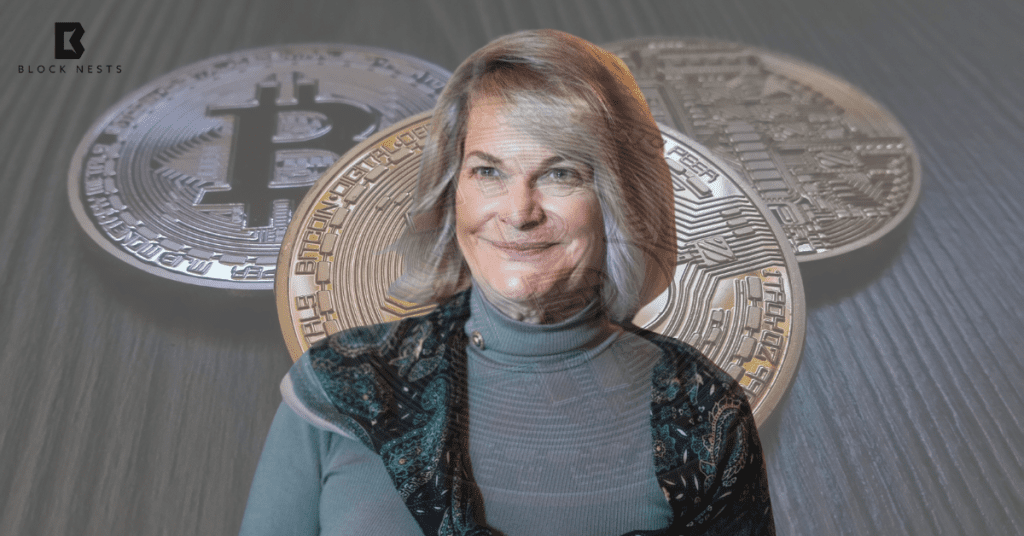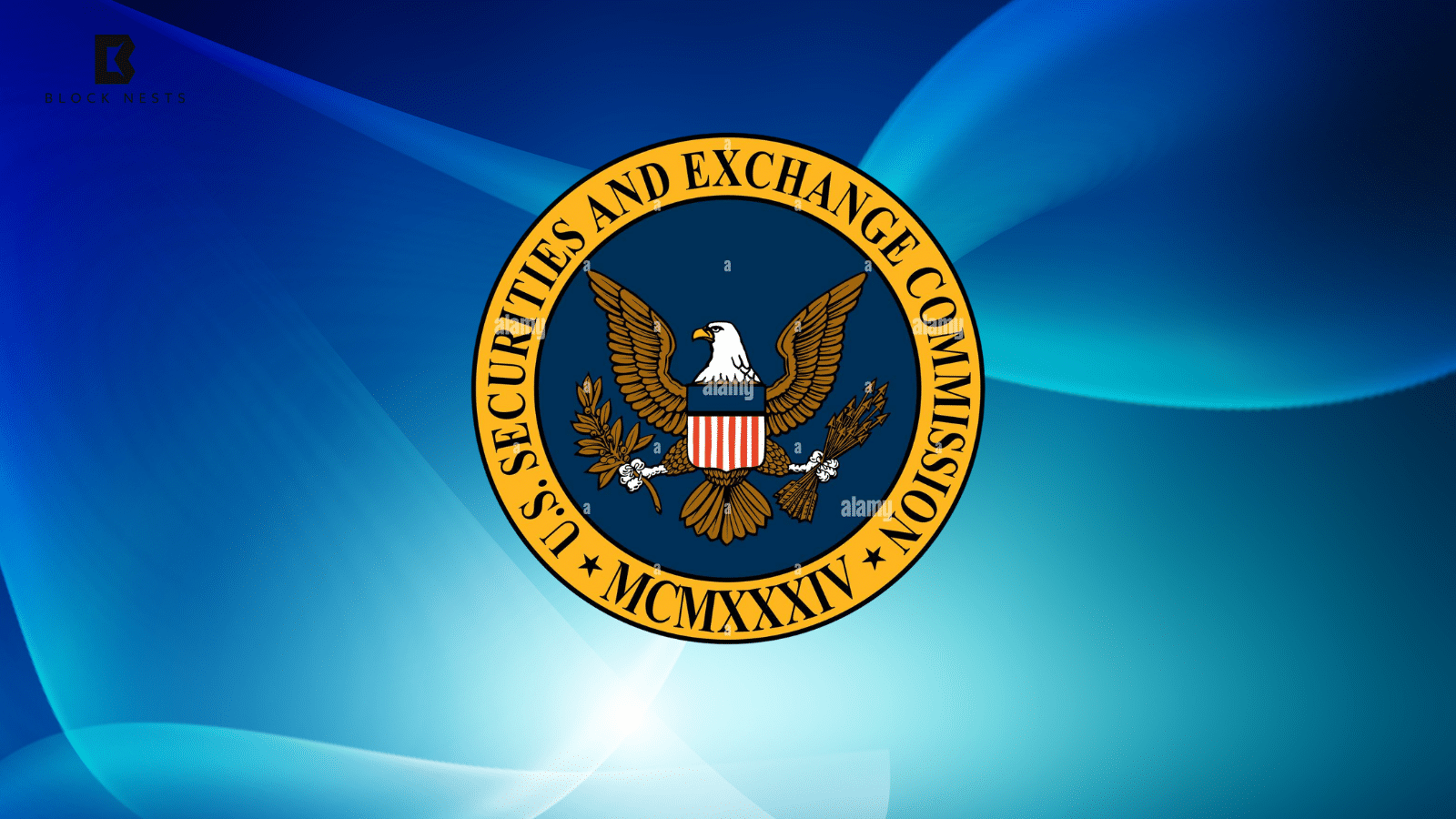- Crypto advocates criticize the Fed’s softening stance on asset storage, calling it an empty gesture.
- Lummis blasts Fed for restricting crypto banks from holding master accounts, hindering industry growth.
- Fed’s “Operation Chokepoint 2.0” and reputation risk practices still pose challenges to crypto companies.
The Fed has backed off its restrictions on banks with relation to storing cryptocurrencies, stating that it is now planning to take a softer approach in the future. Nevertheless, supporters of cryptocurrencies such as Senator Cynthia Lummis are still uncertain about the decision. Lummis said it is an empty gesture, and the Fed has not paid much attention to the problems existing in the crypto sphere.
On April 25, Lummis lambasted the Fed for its lack of ambition to transform itself to accommodate crypto. She also noted that the central bank still restricts banks that support or engage in activities related to cryptocurrencies and does not allow them to hold master accounts. These accounts allow the financial institutions to become direct members of the Federal Reserve System of payment.
(1/5) The Federal Reserve’s actions yesterday withdrawing crypto guidance are just lip service. Here’s why:
— Senator Cynthia Lummis (@SenLummis) April 25, 2025
Crypto Bank Lawsuit
Lummis also mentioned Custodia Bank, one of the cryptocurrency-friendly banks that is now suing the Fed. The bank claims that the regulator has unreasonably taken time to process its application for a master account. Such delays, Custodia claimed, hamper its chances of providing services to the burgeoning market for cryptocurrencies.
Additional criticisms made relate to the situation when the Fed refers to ‘‘reputation risk’’ for the regulation of some industries. This comprises oil, marijuana, and cryptocurrency businesses. Lummis stated that the practice hampers efforts by legitimate businesses to acquire banking facilities. She also noted that other organizations, such as the Office of the Comptroller of the Currency and the FDIC, also steered away from the use of reputation risk.
Nevertheless, the Fed has not withdrawn its Policy Statement on Section 9(13). This policy categorizes Bitcoin and other cryptocurrencies as “unsafe and unsound.” Lummis stated that the policy is still in effect, adding that the Fed remains one of the most skeptical institutions towards cryptocurrencies.
Operation Chokepoint 2.0
Lummis also indicated that regulators have continued with “Operation Chokepoint 2.0,” a strategy that targets the banking of crypto. Cryptocurrency firms operating in the United States have encountered challenges in finding banks to work with, particularly under the Biden administration. This has led them to downsize their activities or seek offshore banking facilities.
Currently, there is still an active discussion about the issue, and communities associated with the use of cryptocurrencies are demanding a fair and balanced approach to their legalization. Some critics suggested that increased openness would play an important role in the development of the crypto industry.
However, critics expect increased prescriptiveness to enhance the regulation of the financial system. The future of crypto regulation is still unknown, although many countries and governments are slowly but steadily trying to adopt different approaches to the phenomenon.
How would you rate your experience?






